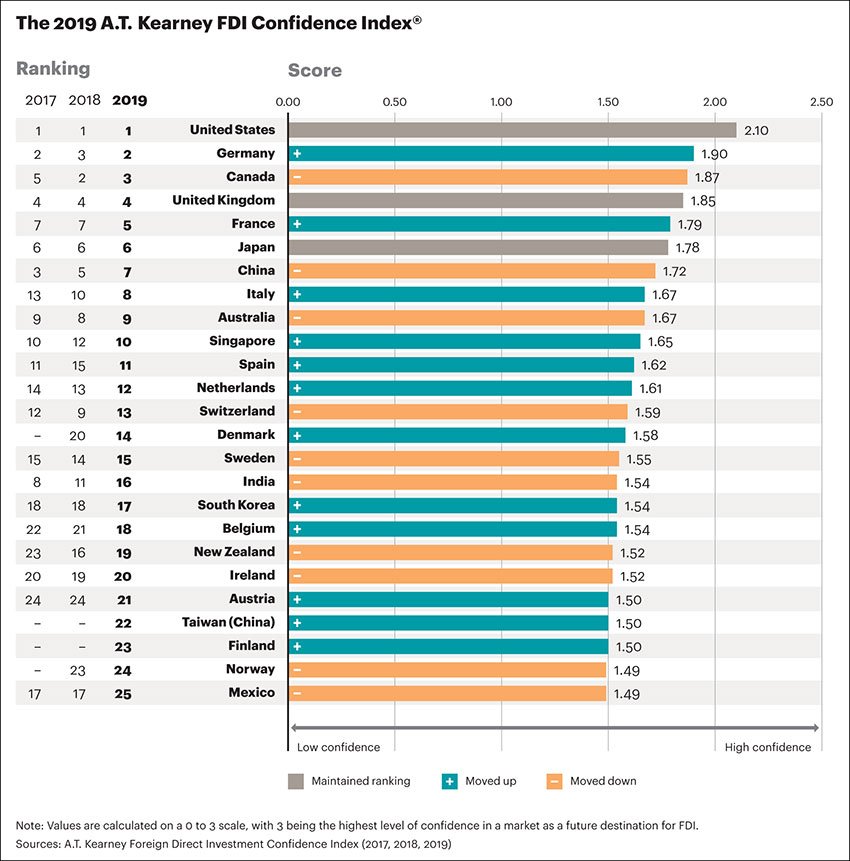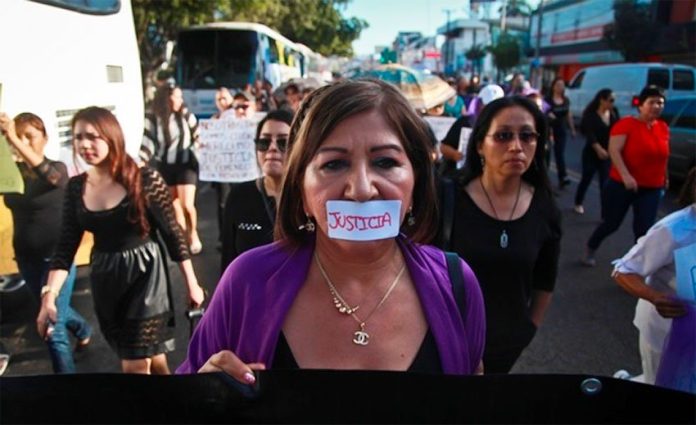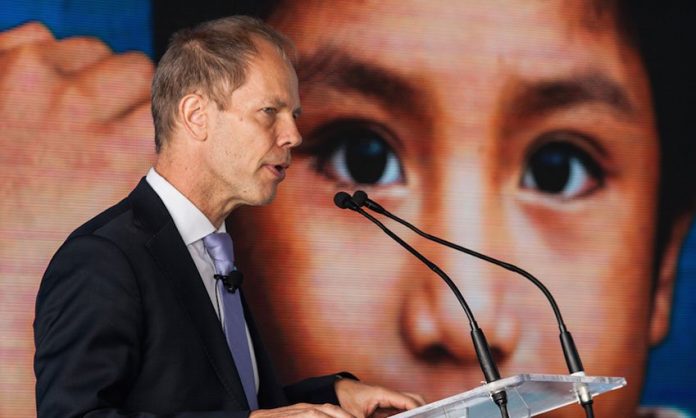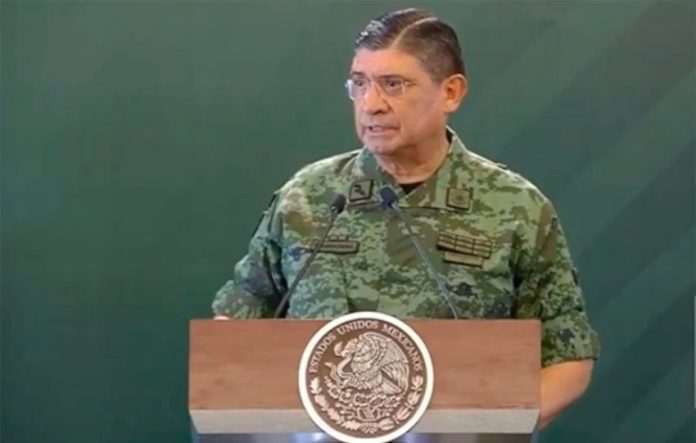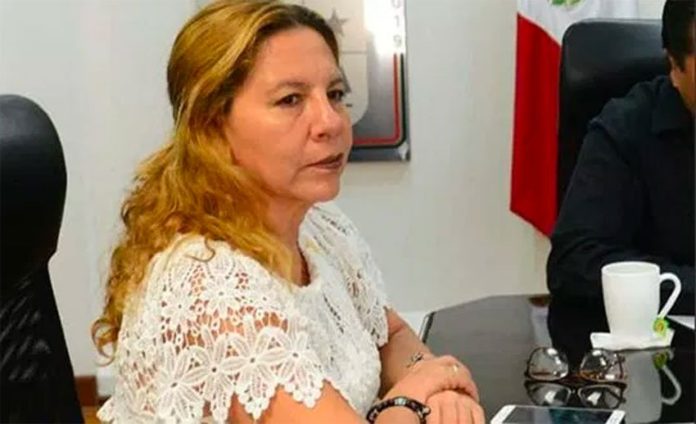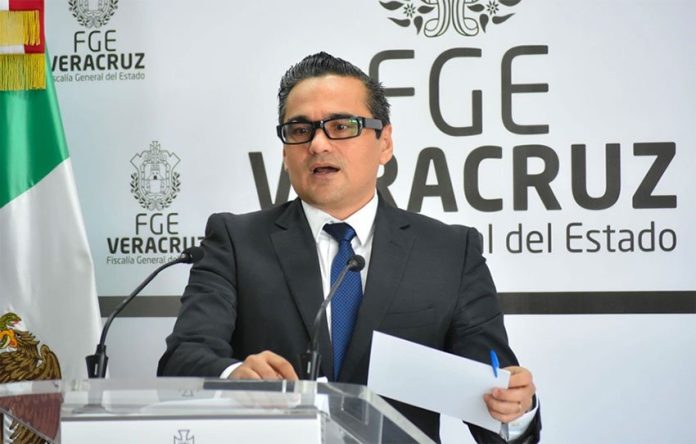During my first 10 or so years in Mexico, I would be grabbed by a strange man, on average, once a year.
All seemed to be crimes of opportunity, and it didn’t really stop until I got a big, scary-looking dog, and men would cross the street to avoid me. (Cat calls and whistles are several times a week, forever, until you’re a skeleton, I guess).
A few times were downright scary, like when a man ran up to me and reached under my skirt while I was walking early in the morning to the bus stop to go to work. He stopped and stared at me for a few seconds even as I screamed and hit him as if he were deciding what to do next. No one was around.
Another time someone grabbed me in front of my apartment building after having asked for directions, and said, when I protested, “What, you don’t like it?” He genuinely seemed confused.
I was so paranoid about him knowing where I lived that I went inside and barricaded my door and carried my keys points-out for months.
Nowadays I live in a decidedly more chill area, my neighbors know me, and often see me with my husband and daughter (having a child with you seems to reduce one’s “fair game” rating by about 70%, but is still no guarantee).
Like every woman I know here, foreign and Mexican, I’ve been whistled at, taunted, touched, and grabbed by men. It sucks. But what sucks more is that so many men don’t seem to realize that it’s something they seriously shouldn’t do, and the contempt it shows for women in general chills my blood. This letter (admittedly snarky) is for them.
Hey there, Cat Callers!
Cute gringa here with your first official class on how to not be creepy toward women. Welcome! I know, this isn’t the best introduction to put you at ease, and surely there are some of you out there who feel you’re being sexy and daring, but much like you feel the need to get things off your chest immediately when you see a female of our species that you think you might like (to harass?), I feel it’s best to just jump right in. Shall we?
First, and this is very important: do not, I repeat, DO NOT touch strange women. Or known women, for that matter, if you aren’t sure how they’re going to take it, and especially if it hasn’t even occurred to you that they’d have any emotions about it at all.
I’m not talking about handshakes and greetings in social situations, and I know you know what I mean. I don’t know a single woman, foreign or national, who hasn’t been grabbed on the street by a strange man and had the living daylights scared out of her, and not an insignificant number of women have disappeared and even died after precisely that kind of initial contact.
So take it from me, fellas: unless your end goal is to commit an actual crime, just keep your hands to yourself! If your end goal is to commit a crime, well, tie yourself up somewhere. I don’t know.
Second rule: direct and constant eye contact is very creepy, and not charming at all. Judging from the number of men who do this, I think this one might not be quite as obvious. Haven’t you ever seen those National Geographic documentaries where giant cats crouch, fixated and unblinking, on their prey?
It’s not a nice feeling, thinking you’re about to get pounced on or are being stalked. And it’s definitely not sexy. If you like someone, do this instead: glance over, catch the person’s eye, smile a bit, then look away again. If she smiles back, maybe do it once or twice more (but don’t sustain the look for over two seconds), then walk over and introduce yourself like a normal human being. You can do it!
Third, just do not do that thing where you turn your head a second too early when a woman walks by so that she just knows that you are checking out her behind. It’s icky. It’s gross. And most of all, it’s unwelcome. When you do that, any hope that you might just see us as regular people dissipates, and makes us feel like, well, an object: something to be compared and examined, then bought or left to rot on a shelf; and if you truly love women, I don’t think this is how you want to make them feel.
Lastly, and oh-so-importantly: when women protest in the streets because they’re tired of being ridiculed, ignored, abused, kidnapped, raped and killed at numbers so high Mexico might as well be one giant war zone, march with them instead of criticizing their efforts as “not the right kind” or “too soon” or discrediting the entire movement because a couple of people spray-painted some graffiti (if there’s one thing we won’t abide, it’s graffiti, amiright?): march with them side by side.
Sexism and machismo hurt all of us, but true equality is sexy.
Sarah DeVries writes from her home in Xalapa, Veracruz.

